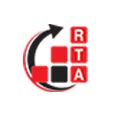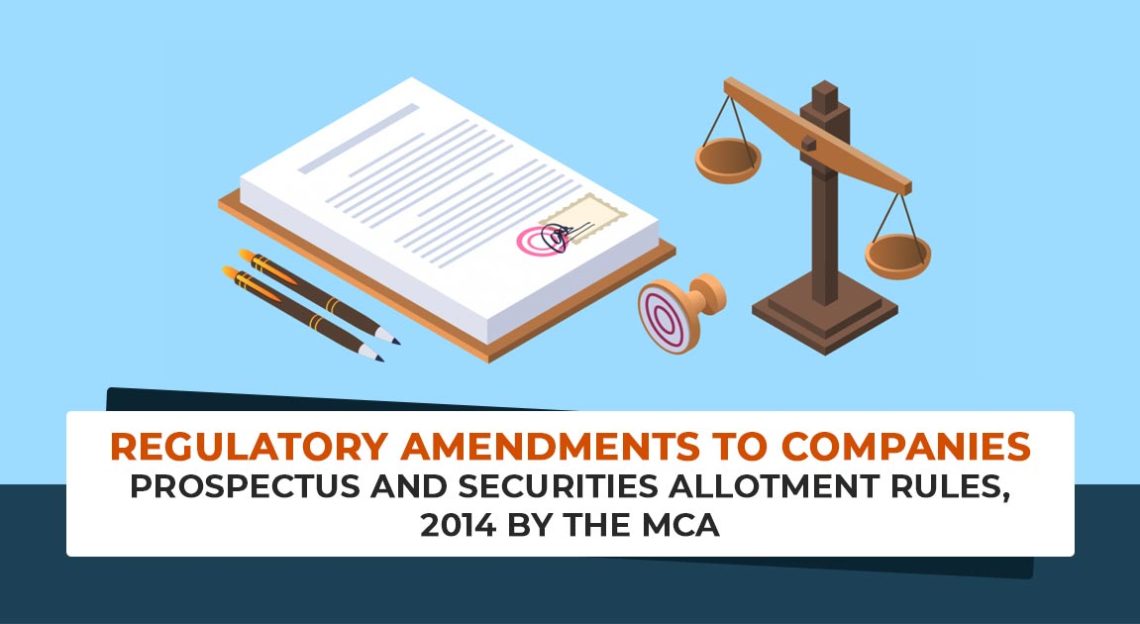What are Debentures?
A Debenture generally refers to a document that is issued by the company as evidence of its debt towards the debenture holders at a fixed rate of interest.
In layman terms, you can mark the debenture document as the acknowledgment receipt of the company’s indebtedness towards its holders. Debentures are also known as the bond, which is generally an IOU between the borrower and the lender.
Debentures are also a creditorship instrument as the holders of the debentures are the creditors of the company. Interest on the debentures is also required to be paid by the companies to the holders at the pre-agreed time intervals, i.e. whether profit or loss the company must pay interest to the debenture holders.
What is the Need to Issue Debentures?
The answer to this question is very simple.
Debentures are used as a loan instrument by the company owners to raise long-term debt capital from cautious investors through the issue of debentures for business expansion.
Debentures offer definitive investment security, safety as well as fixed rate of interest to the cautious investors; hence the company owners issues them so that they can quickly lend some money without getting stuck in lengthy bank loan and administrative processes.
Lastly, the companies also sometimes do not want to rely on their share capital solely. Although, it is beneficial for the company’s point of view, but some investors are too hesitant to invest in the risk capital of the company. Therefore, to attract such investors, debentures are issued by the company.
What are the Advantages and Disadvantages of Debentures?
Advantages
From the Company’s Viewpoint
- Companies can raise long-term debt capital easy for business expansion through debentures
- Debentures serve as a cheaper/economical method of fundraising for firms with a low rate of interest
- Debenture holders do not own any voting rights; hence cannot interfere in the management of the company.
- Companies can gather funds easily through Debentures in comparison to equity and preference shares.
From the Investors Viewpoint
- Debentures offer greater security to investors who are largely cautious about their investment security.
- Debentures offer fixed returns to the investors
- Debentures prices are also unaffected of volatile monetary conditions and remain stable mostly. Due to very little price movement, the debentures area good option for investors.
- Debentures also act as a regular source of income for investors as they get fixed and regular interest.
Read More: What is the Need, Process, and Benefits of Preferential Allotment of Shares?
Disadvantages
From the Company’s Viewpoint
- The companies always have to pay cumulative interest on debentures regularly irrespective of profit or loss, which becomes a heavy burden during the market recession.
- In majority debentures cases, the company assets are mortgaged with debenture holders as a security token; therefore, the company creditworthiness goes below the expected level in eyes of public and banks.
- Once debentures are issued, it also affects the company’s capacity to raise further loans or advances from the banks or any other financial institutions in future.
From the Investors Viewpoint
- Debenture holders do not possess any voting rights in the company.
- Debenture holders get very limited interest payment in case of a well prosperous company.
What are the Different Types of Debentures?
1. On the Basis of Registration
Registered Debentures
The debentures, which are payable to the registered debenture holders (Debenture holder’s whose name is mentioned at both on debenture certificate and in company’s debenture holder register) are known as the registered debentures. Such debentures can be transferable through transfer deed.
Bearer/Unregistered Debentures
Bearer or unregistered debentures are the ones which are easily transferable by mere delivery as it is not required for the debenture holders to record their names in the transfer register. The interest is also payable to the bearers.
2. On the Basis of Security
Secured Debentures
The debentures which are secured fully or partially by a fixed (e.g. charge on specific assets land, building, etc.) or floating charge (e.g. a charge on all company assets in general) on the company assets are known as the secured debentures.
Unsecured Debentures
The debentures which carry no security (full or partial) over the company assets are known as the unsecured or naked debentures. Such debenture holders are known as the unsecured creditors.
3. On the Basis of Redemption
Redeemable Debentures
Redeemable debentures are the ones which are payable after a specific time interval as per the pre-decided terms. Sometimes such debentures can be redeemed early by the holders as per the company’s discretion.
Non-Redeemable Debentures
These debentures are also known as the perpetual debentures and are not repayable during the lifetime of the company along with no obligation from the company’s side to pay the principal amount of the same.
4. On the Basis of Conversion
Convertible Debentures
Convertible debentures are the ones which can be easily transferred into equity or preference shares after a certain period as per the holder’s discretion.
Non-convertible Debentures
The debentures which cannot be transferred or converted into the equity or preference shares post a certain time period are known as the non-convertible debentures.
5. On the Basis of Priority
Preferred Debentures
The debentures that are issued with security for being paid first at the time of company winding up are known as the preferred debentures.
Ordinary Debentures
Ordinary debentures are the ones that are issued with mortgaging any asset and are paid after the preferred debentures during the winding up period.
6. On the Basis of Status
Equitable Debentures
Equitable debentures are the ones that are secured by the title deeds of the property with memorandum creating a charge. In these types of debentures, property of debentures remains with the company itself.
Legal Debentures
Legal Debentures are those which are secured by the transfer of legal ownership of the property from the issuer to the holders.
7. Based on the Pari Passu Clause
The secured debentures, which are discharged rateably are popularly known as the debentures with Pari Passu clause. Even though, such debentures are issued on different dates.









